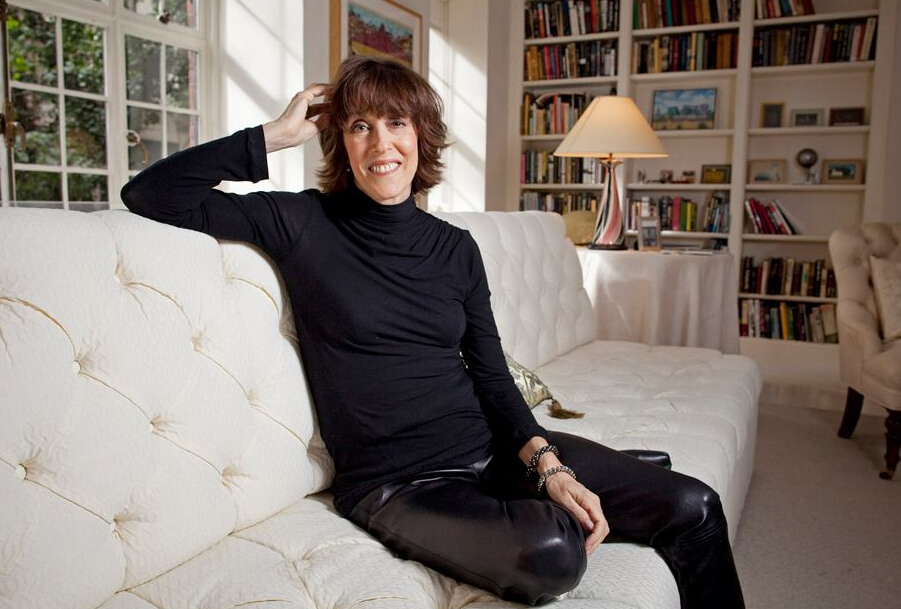
It’s bittersweet enough that only a romantic could have written it, and vicious enough that the romantic must have been both extremely mean and extremely funny. Heartburn the book is a comedic and gently sad account of the dissolution of a marriage, and in turn the dissolution of a life. Ephron wrote the screenplay, and in so doing developed her nascent screenwriting career safely out of one-hit wonder territory (she’d just scored an Oscar nod for her first feature screenplay, 1983’s Silkwood) into a bona fide brand - a brand with a newly romantic sensibility.

It was a massive bestseller and eventually became a movie starring Meryl Streep and Jack Nicholson. Now celebrating its 40th anniversary with a new edition from Vintage Contemporaries, Heartburn is based on Ephron’s divorce from her second husband, Carl Bernstein. The hinge between the two Ephrons is Heartburn, her only novel. “I want to see her crawl over broken glass,” one of Ephron’s former friends says in that New York magazine profile.

She was the kind of writer whose quips earned lifelong enemies. Among her targets were feminist icon Betty Friedan Wellesley College, Ephron’s alma mater Dorothy Schiff, Ephron’s former boss and the owner of the New York Post and Women’s Wear Daily, which sued.Įphron back then was not the kind of writer whose quips sold Valentine’s Day cards. “Ephron, as everyone who’s read her knows, is one of our great prosecutorial talents,” proclaimed New York magazine in a 1983 profile. In her first career, however, Ephron was a writer of acidically cynical and vengeful journalism. “I would send you a bouquet of newly sharpened pencils if I knew your name and address,” Tom Hanks tells Meg Ryan in You’ve Got Mail, a single line that launched a thousand Etsy storefronts full of pencil bouquets. She made When Harry Met Sally, Sleepless in Seattle, You’ve Got Mail.

In her second career, the one that made her famous, she was the screenwriter and director behind a series of dreamy, witty, deeply romantic comedies.


 0 kommentar(er)
0 kommentar(er)
